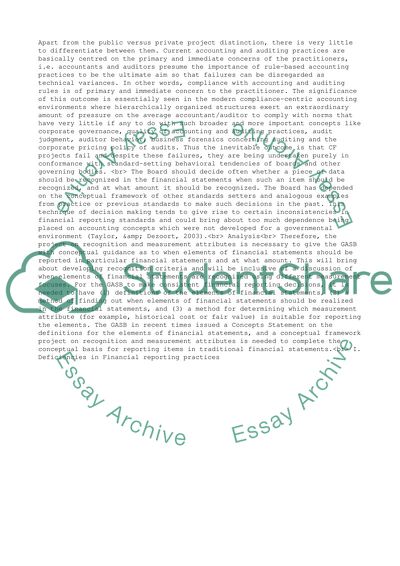Cite this document
(“Conceptual Framework Essay Example | Topics and Well Written Essays - 2500 words”, n.d.)
Retrieved from https://studentshare.org/business/1523928-conceptual-framework
Retrieved from https://studentshare.org/business/1523928-conceptual-framework
(Conceptual Framework Essay Example | Topics and Well Written Essays - 2500 Words)
https://studentshare.org/business/1523928-conceptual-framework.
https://studentshare.org/business/1523928-conceptual-framework.
“Conceptual Framework Essay Example | Topics and Well Written Essays - 2500 Words”, n.d. https://studentshare.org/business/1523928-conceptual-framework.


